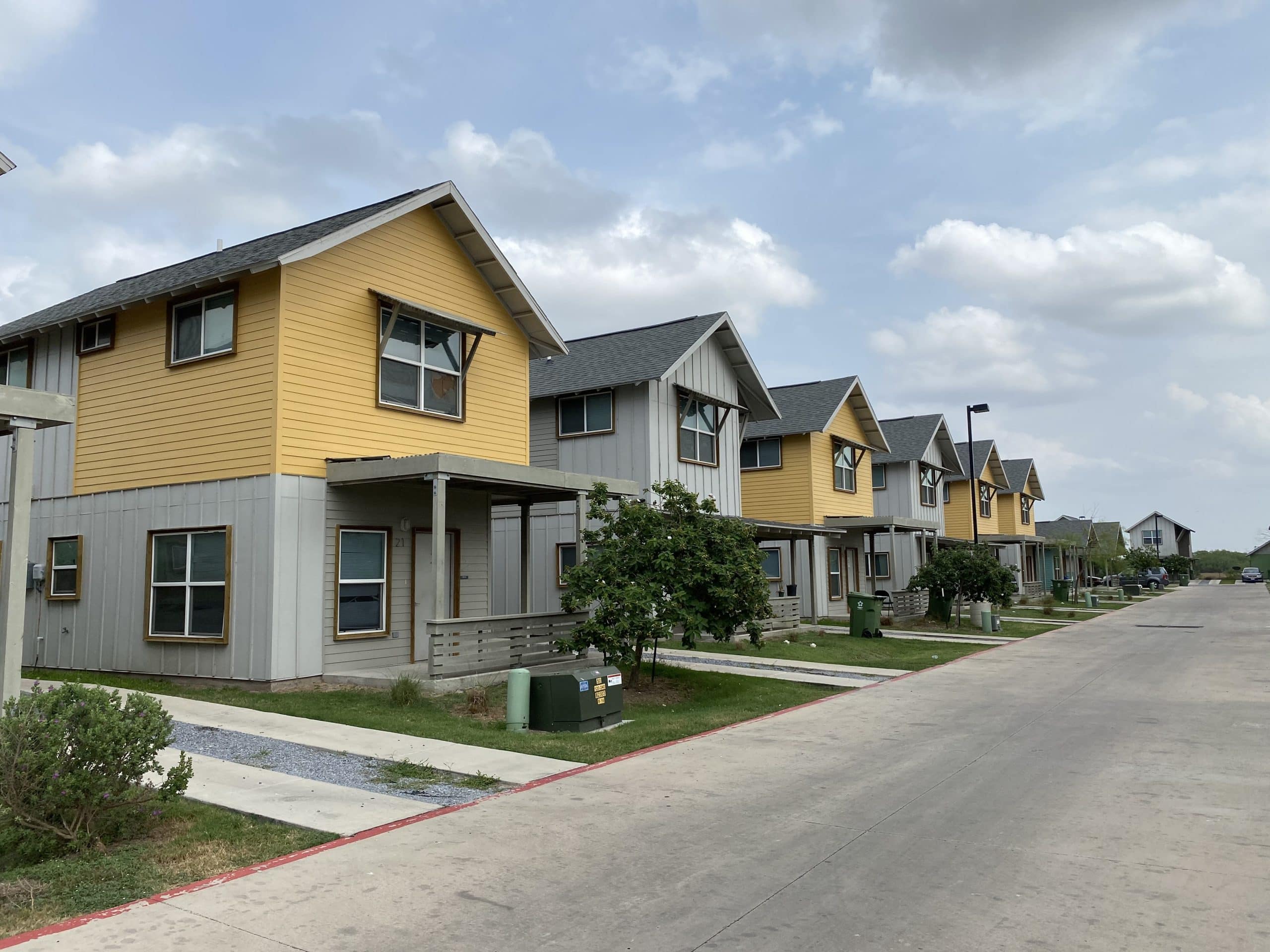Massive change tends to lead to massive introspection. And changed circumstances tend to lead to a need for changed tools.
The housing and foreclosure crisis, the ensuing financial crisis, and the recession and all of its fallout can be seen as distinctly changed circumstances for the community development world: The markets in many of the neighborhoods where community developers worked changed dramatically; the availability of funding streams changed; the business models stopped working.
And yet many things also have not changed: poverty rates, displacement, housing cost burdens, the cycles of speculation and abandonment, segregation; the sorts of needs present in disinvested communities.
Many have said that this means community development as currently constructed needs to be reimagined. Reimagined for new circumstances, and reimagined to be more successful than it was the first time around.
But is that true? Or is the foundation world's constant quest for innovation blinding us to the essential work community developers do, and do well, that no one else can or will do? And is the quest for reimagining letting us forget that larger forces like massive unemployment and unequal distribution of wealth are what are driving poverty rates? (And is poverty rate the right measure of our success anyway?)
Our latest issue of Shelterforce brings some of these conversations out into the light. And as the case tends to be with these things, the aswers are not clear cut. Some of our authors make compelling arguments for why some change is needed (usually strengthening good work already under way in some places), while others caution against throwing the baby out with the bathwater. Many others give us clearer insight into just what is changing, and how different parts of the field are responding to it or thinking about it.
Since these discussions have effects on funding and practice and broader support for our work, they are not merely theoretical. It is our hope that by laying them all side by side, we can help the field see where the overlaps are, avoid false choices, and move forward strengthened to keep up their vital work.
And as always, we encourage your feedback and insight.





Comments